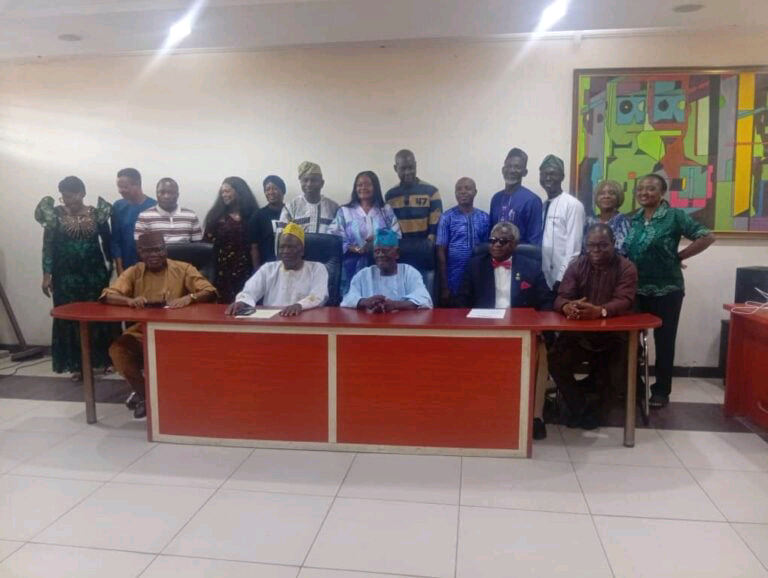FG Plans Linking Credit Scores to NIN for Financial Discipline, Transparency

In a major move to build a unified and transparent credit system, the federal government has announced plans to link Nigerians’ credit scores to their National Identification Numbers (NIN).
The initiative, aimed at promoting financial discipline and accountability, was unveiled by the Managing Director of the Nigerian Consumer Credit Corporation (CREDICORP), Uzoma Nwagba, during a “Meet the Press” engagement at the State House on Tuesday.
According to Nwagba, the reform will consolidate credit information from all financial institutions, including banks, FinTechs, and microfinance outfits, into a centralized national credit bureau. This will create a robust database of every Nigerian’s credit history, ensuring accurate credit scoring based on borrowing and repayment behavior.
“The days of loan evasion are fast drawing to a close,” Nwagba warned. “If you default on your loan, it could affect your ability to renew your passport, driver’s license, or even rent a house. There will be no hiding place.”
The new system will mandate all lenders to report loan repayment activities, with consequences for defaulters structured to encourage responsible borrowing and financial discipline. The effort will also incorporate financial and non-financial data to generate a comprehensive credit scoring algorithm for every Nigerian adult.
Nwagba emphasized that the ultimate goal is for every Nigerian to have a credit score, which will be tied to access to economic opportunities.
“This is not optional,” he stressed. “We are creating a structure where your access to economic opportunities is directly tied to your financial behavior.”
The CREDICORP boss noted that the initiative aligns with President Bola Tinubu’s Renewed Hope Agenda, which aims to improve citizens’ quality of life, curb corruption, and stimulate industrial growth.
By improving consumer credit access, the government hopes to reduce pressure on active income, discourage unethical practices, and catalyze Nigerian industries by tying consumer credit to the purchase of locally manufactured goods.
Nwagba called on all financial institutions to commit to the national credit framework, warning that the country’s estimated N183 trillion credit gap requires full private sector participation. “No government in the world can provide that kind of money,” he urged. “Financial institutions must step up. With the right infrastructure and transparency, lenders will be more confident, interest rates will drop, and Nigerians will finally have access to affordable credit.”
In a related development, CREDICORP is spearheading an ambitious youth-focused credit program called YouthCred, aimed at empowering young Nigerians with structured credit support.
The initiative, which has already been announced by the President, is part of a broader consumer credit push targeting Nigerians aged 18 to 35.
Executive Director of Operations at CREDICORP, Olanike Kolawole, noted that the agency is collaborating with partner banks, tech platforms, and national youth-focused institutions to scale the program.
“YouthCred is more than a loan product – it’s a generational investment in trust, financial confidence, and economic inclusion,” she said.
With the credit-NIN integration, the government is also transforming how Nigerians interface with civic processes, making it easier for citizens to access credit and other financial services.
The move is expected to have far-reaching implications for the country’s financial sector and economy as a whole.









